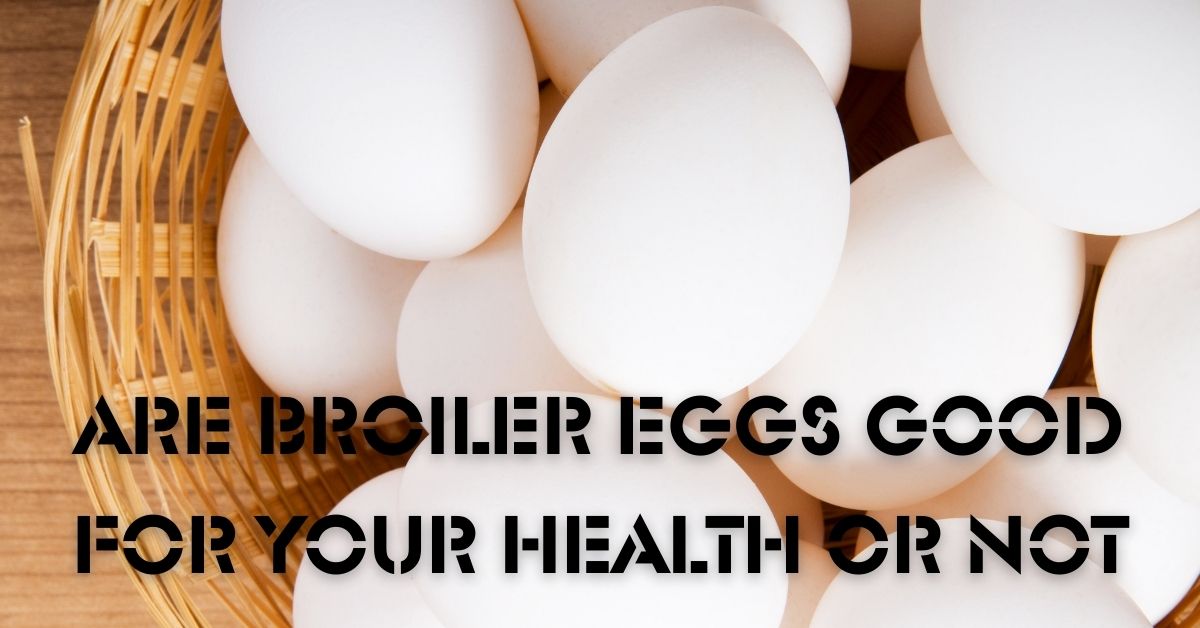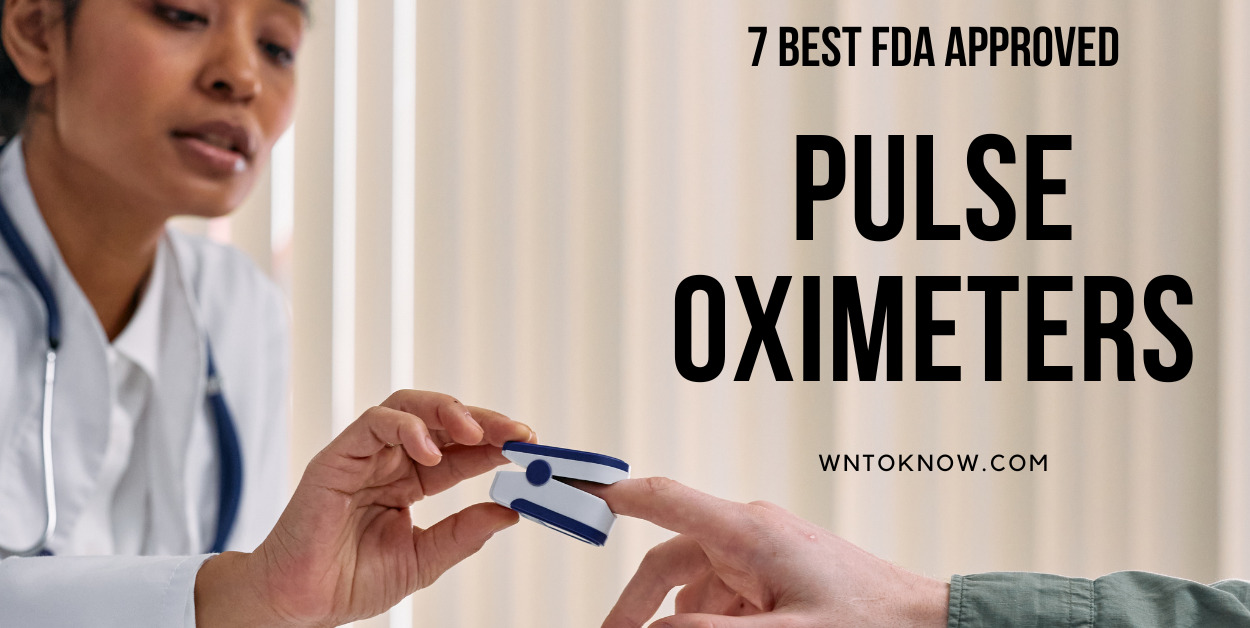If you have been recently wondering, ‘Are broiler eggs good for your health or not,’ then don’t worry, we all have been through this phase. These pocket friendly protein boosters have been a hot topic for ages and hence you won’t be called weird for having these thoughts.
Although these fatty globules are super tasty and high in protein, they may not always be the best for your health. Time and again fitness experts and nutritionists have come forward warning egg lovers about the many side-effects of overeating broiler eggs. However, when done in moderation or according to your doctor’s advice, they are indeed super beneficial.
Types of chicken eggs available in the market
Standard white eggs (aka broiler eggs)
These eggs come from white hens raised in a traditional housing system.
Standard brown eggs
They come from brown hens, also kept in the conventional housing system.
Free-run and free-range eggs
In this system, hens are kept in a barn or an aviary shelter. They have ample space to roam freely.
Nest-laid eggs
Hens in this system live in a furnished housing system. It allows the bird to move freely and eat naturally.
Organic Eggs
They are hens raised in free-range housing facilities. However, they are only fed certified organic food that doesn’t contain herbicides, pesticides and fertilizers.
Omega-3 Eggs
Hens are fed 10-20% flax seed daily, leading them to eggs enriched with omega-3 fats.
Vegetarian Eggs
Hens are fed only plant-based foods.
What are broiler eggs?
As the name suggests, broiler eggs are eggs delivered by ‘broiler chickens,’ chickens that are especially bred for their meat only. The eggs produced by them are generally white in colour and are considered very high in protein and other essential nutrients. The yolk has less fat and more of necessary amino acids and the very essential folic acid, unlike brown eggs.
Do eating eggs daily spikes cholesterol levels?
Eggs do contain cholesterol, and eating them will increases your cholesterol levels. However, that doesn’t mean it will put your health at risk. Some researchers say otherwise.
Researchers believe eating eggs can increase HDL. This is high-density lipoprotein known as the “good” cholesterol. In a study, consuming 1-3 eggs daily for four weeks shows a 6-14% growth of HDL levels in young, healthy adults.
Eggs may increase LDL particles, but it’s not the ones you should be afraid of. LDL (bad cholesterol) is divided into two subtypes: dense LDL (small) and large LDL.
Studies show that people with small dense LDL have a risk of developing heart diseases. Eggs mildly increase LDL in people. However, most of it comprises large LDL particles.
However, some research also linked egg consumption with an increased risk of death from heart disease. These researches are primarily inconclusive, and randomized controlled trials should be conducted.
How many eggs can you eat daily?
Studies say one can eat seven eggs per week or 1-2 eggs per day, depending on certain factors.
If you are a young, healthy individual following a nutritious diet, you can eat two eggs daily. Meanwhile, bodybuilders and athletes doing intensive training can eat up to 4 eggs and one yolk a day. Some even eat 15 eggs whiles. It’s not the whites that are the issues.
The American Heart Association recommends eating up to 1 egg a day. However, people with high blood cholesterol and diabetes should limit their egg consumption to once or twice a week. Meanwhile, it recommends up to 2 eggs daily for older people with normal cholesterol.
Which is the best time to eat eggs?
Breakfast is the best time to eat eggs as you have the whole day to use up the calories and nutrients. Use one whole egg and three egg whites to make a healthy omelette.
How to know whether an egg is of high quality?
Check the yolk and whites. If the yolk is thicker and darker (dark yellow or orange), it is a high-quality egg. Plus, a healthy egg also has denser whites.
What causes broiler eggs to be white?
A rather interesting question, the colour of chicken eggs is typically dependent on the hen’s breed. This means, given their white colored feathers and white earlobes, broiler hens will predominantly produce only white eggs. However, certain other factors like the age, environment, genetics, and health condition of the bird may also cause rather weird colored eggs to pop out into the world.
For instance, in a study it has been proven that a hen’s immediate environment, diet and even stress levels can severely affect the colour of their eggs.
What are the nutritional contents of broiler eggs?
Although small in size, broiler eggs come loaded with a plethora of nutrients, amino acids, fats, and more. They are the highest source of proteins, thanks to the presence of nine amino acids, unsaturated fatty acids like the linoelic, oleic, acids, fat soluble vitamins like A,D, E and K, and even the water soluble B vitamins. Moreover, broiler eggs are also proven to be super rich in minerals like phosphorus, iron and are hence considered highly crucial for a balanced diet.
This is also why the Indian Council of Medical Research recommends consumption of at least ½ hard boiled yolk for complete nutrition. However, this recommendation may vary for athletes or fitness enthusiasts as their body naturally requires higher mass of protein to keep their muscle mass perfect. Broiler eggs are also medically safe for people of all ages, unless red flagged specifically by a doctor due to pertaining health conditions.
Benefits of eating eggs
Have a complete amino acid profile and is highly nutritious
The egg is a reference proteinA, a benchmark for measuring other proteins. A standard egg contains 78 calories that include 6gm protein and 5gm fat. To skip the fat, you can simply eat egg whites. So, you will be eating only 24 calories per egg.
A single hardboiled egg contains:
- 28% DV of selenium
- 23 % DV of Vitamin B12
- 20% DV of Riboflavin (B2)
- 14% DV of Vitamin B5
- 8% DV of vitamin A
- 6% DV of Folate
It also provides decent Vitamin D, E, B6, calcium and zinc. Overall, it gives you a complete profile of amino acids in the protein, including many nutrients and minerals.
Don’t affect blood cholesterol as most believe
A single egg contains 186mg of cholesterol. However, it doesn’t directly impact your blood cholesterol. Our liver produces a large scale of cholesterol every day. According to experts, if you eat more cholesterol, your liver regulates the levels by making less.
According to a study, 70% of people eating eggs didn’t witness a rise in their blood cholesterol levels. Only a mild surge was seen in people.
Some people, on the other hand, are hyper-responders to eggs. The rest 30% in the group saw a considerable rise in blood cholesterol after consuming eggs and other sources of dietary cholesterol. However, the study doesn’t state whether the cholesterol raised was due to eggs specifically, as different foods were involved.
People with familial hypercholesterolemia or carrier of the APOE4 gene variant may have to eat eggs in moderation.
Raise good cholesterol
Eggs are known to raise good cholesterol (HDL) in your body. Increased HDL in the blood is linked with a lower risk of heart disease.
It contains choline, a rare nutrient
Choline is a nutrient that you rarely get from any food. It helps in signalling molecules in your brain and any essential functions. People whose body doesn’t produce enough choline can have serious health issues. However, the egg is an excellent source of choline. This nutrient is used for building cell membranes.
It contains antioxidants that are beneficial for the eyes
Your eyesight gets worse as you age. Several nutrients can help you counteract those changes. Lutein and Zeaxanthin are two of those. They are antioxidants that reside in your retina. Egg yolks contain a lot of Lutein and Zeaxanthin that can help you prevent cataracts and macular degeneration.
Research says consuming one egg daily for five weeks can increase lutein by 26% and Zeaxanthin by 36% in your blood.
Eggs are also enriched with Vitamin A, which combats vision issues.
Can lower triglycerides level
Hens raised on pasture and fed omega-3 enriched foods such as flaxseed tends to give eggs high in omega-3 fatty acids. Omega-3 consumption is linked with lower triglycerides level in the blood.
Studies show that eating five omega-3-enriched eggs can lower triglycerides by 16-18%.
It can help reduce cravings and lose weight
Eggs can make you feel fuller due to their high-protein content. Eggs scored the highest in the satiety index. So, if you want to lose weight, add eggs to your diet.
Then why are broiler eggs facing revolts nowadays????
While there are many health benefits of eating these eggs, the main reason behind the recent revolts is because of their chicken breed. There is a huge difference when it comes to naturally bred chickens and broiler ones, and no we are not talking only about their appearance.
Like mentioned previously, this particular chicken breed is bred for their meat and hence they are fed a lot of harmful things for their quick growth. This includes hormones made to increase their muscle mass quickly and also antibiotics to maintain their supreme health conditions. Occasionally, some breeders may also feed them with spray-sprayed foods with insecticides or leftover chicken or beef remnants to overdose them with proteins.
Although it doesn’t necessarily mean that you will be getting all those toxic components into your system, there will definitely be more traces of these components as compared to when consuming a naturally bred chicken.
Similarly another factor that causes people to ‘hate’ eggs from broiler hen is because of their high fat levels. As they are fed with high nutrient feeds, their bodies naturally produce more fat which can also be seen in the eggs they produce. Thus, they pose severe health risks when continued for longer or consumed in huge amounts.
So, why risk your health eating broiler eggs when there are so many safe options available in the market.
Are there any side-effects of consuming broiler eggs?
Well, depending upon your consumption frequency of broiler eggs, the hen’s condition and egg storage environment, you may have:
- Exposure to harmful antibiotic elements and artificial chemicals- These chickens are bred extensively for their meat and hence never reach sexual maturity. They are slaughtered much before that and hence the broiler eggs you find are the result of many artificial stimulants that have been injected or fed to the hen.
- Onset of neurological problems or miscarriage- Mostly found in broiler eggs, dioxins are persistent environmental pollutants that can cause severe neurological disorders and even sudden miscarriage in pregnant women. This is also why doctors and nutritionists advise proper consultation on the egg type and dosage if suffering from any medical condition.
- Obesity and heart problems- The greater level of unsaturated fats in these eggs also makes them a high risk for fatal health conditions including obesity and heart problems.
- Prostate cancer- When consumed more than suggested, broiler eggs are also linked to prostate cancer in males. So, beware of what you eat and how much you eat.
Are brown eggs healthier than white eggs?
If we are excluding diet, then there is no difference in the nutritional value of either brown or white eggs. They contain almost identical nutrient levels and hence no matter if they are white, brown, or blue (as laid by Ameraucanas, Araucanas and Cream Legbars) they will provide the exact nutrition as the other.
But, when we take the hen’s diet into consideration everything changes. As naturally bred chickens are allowed to feed on their own and are not exposed to artificial supplements, unless medically required, they are the safest and the healthiest ways of filling your protein quota. Producers may however occasionally add feeds rich in omega-3 fatty acids, vitamins and minerals which also gets accumulated into the eggs, thereby offering a complete nutrition.
To further support this notion, a study was conducted where free-range hens were found to be laying eggs rich in Vitamin D due to sufficient sun exposure unlike broiler chickens.
Therefore, in the end everything depends upon the hens’ health conditions, age, genetic factors, breed, diet, environmental factors and stress level.
Are farm eggs healthy?
There is no nutritional difference between broiler eggs and brown or country eggs. It all depends on what the owner feeds the chicken. Any chicken consuming healthy food not injected with hormones and antibiotics produces the same quality of eggs. Chickens which are fed flaxseeds have eggs containing high amounts of omega-3.
Why do brown eggs cost more? Is it because they are healthier?
Unlike popular misconceptions, brown eggs cost more due to the chicken breed’s diet requirements, not because someone claims it to be ‘healthy.’ Only because brown-laying eggs are often larger than broiler chickens and also comparably lay fewer eggs. Thus, due to the scarcity in the number of brown eggs, it automatically led to their high prices, which was somehow misunderstood as being high-quality.
Another reason leading to their high sale prices is because most free-range or organic eggs tend to be lighter or darker shades of brown, and hence often causes confusion and mix-up of prices.
Is there a vegetarian alternative to eggs?
The egg is considered a reference proteinA. It is a standard used for measuring other proteins. Egg protein is given a value of 100 due to its digestibility and complete amino acid profile.
The vegetarian equivalent of eggs is whole milk products. A 150ml of milk contains 5 gm of protein, mainly casein. Some plant-based protein includes lentils, soy, and whole grains. You need to combine them to get the complete protein profiles. However, most experts don’t consider them as high-biological proteins.
In this blog we tried solving all doubts and confusions surrounding the topic ‘Are broiler eggs good for your health or not.’ For more interesting topics like these, don’t forget to follow wntoknow.com today.
FAQS:
Are 2 Boiled Egg Calories Too Much for Weight Loss?
No, the calories from 2 boiled eggs are not too much for weight loss. Two boiled eggs contain about 140-160 calories, along with high-quality protein and essential nutrients that can keep you full longer. As long as you’re mindful of your overall daily calorie intake and pair the eggs with a balanced diet and exercise, they can be a healthy part of a weight loss plan.



